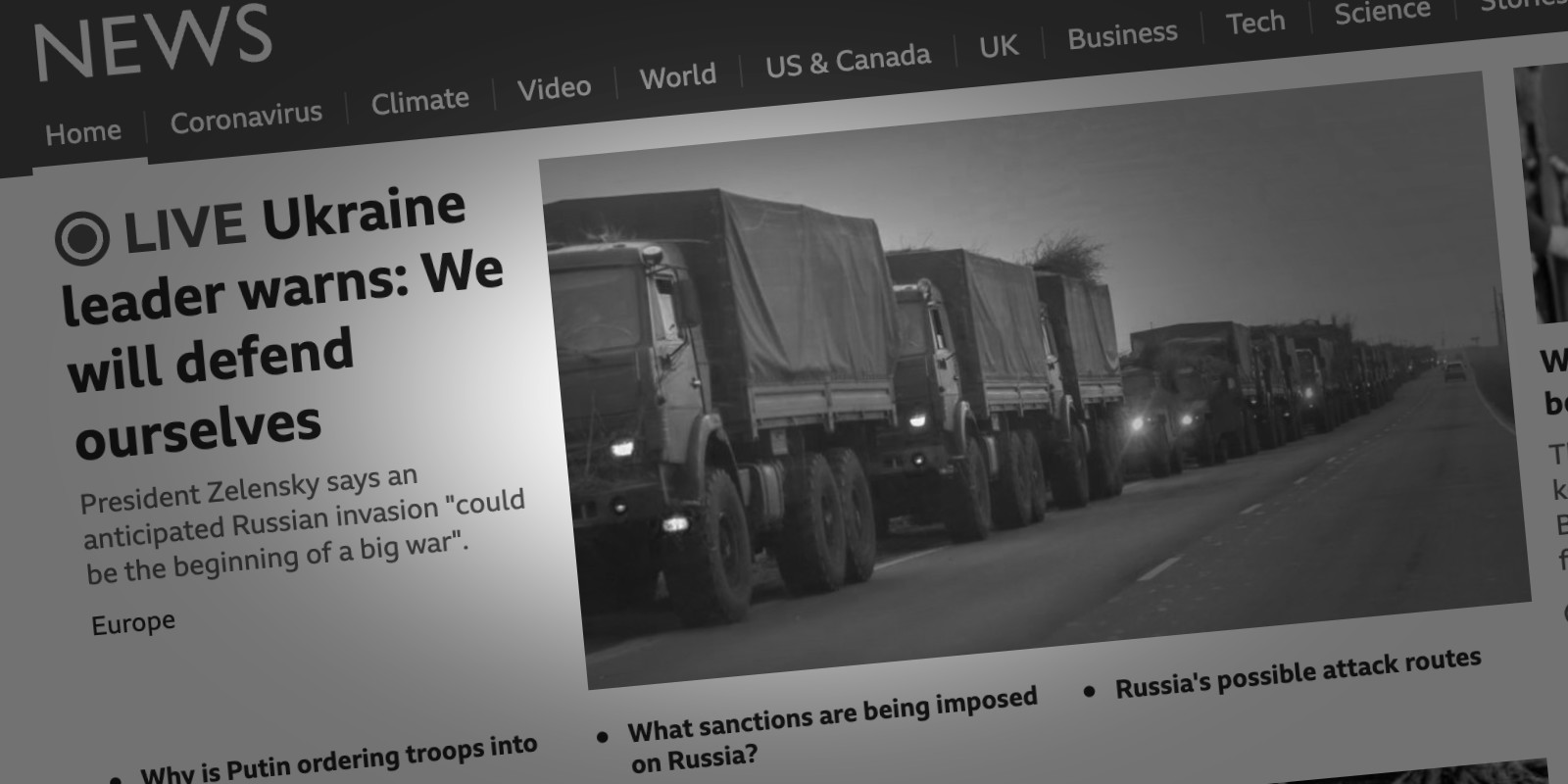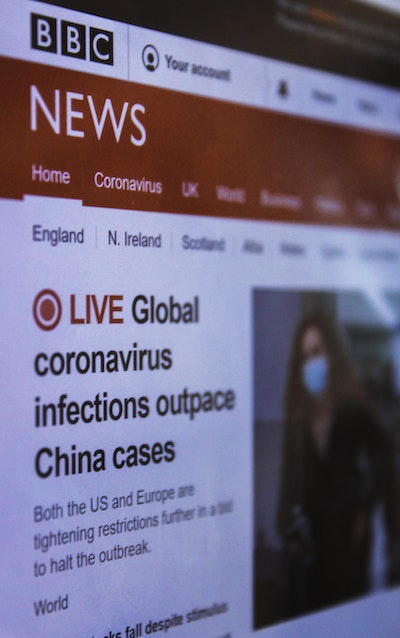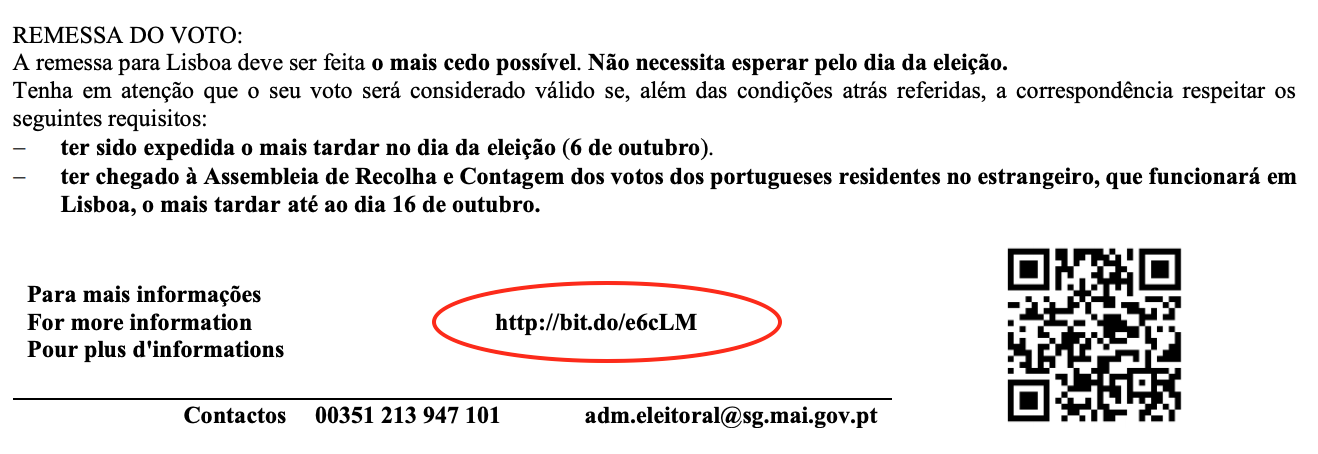Back in 2003 when the U.S. invaded Iraq[a], my father told me about him watching the start of the Gulf War[a] live on television. Apparently my parents were watching the news and later on they started showing what I believe was the CNN live feed from Baghdad. This wouldn’t surprise anyone today, but in 1991 for a guy in a rural part of Portugal, it was something very different. In the area where they lived, most only had two TV channels available, a colour TV if they were lucky (many were still black and white), and after a day of work many would watch the Telejornal[a] at 20:00 and maybe one of the (bland) programs before going to bed. Watching war live wasn’t something that people were used to, so like many they stayed up until late.
I don’t remember much of the 2003 Iraq war even though it was broadcasted live too (12 year old me didn’t pay attention to wars or followed the news). The only memories I have from what I think was the start of the war was an American tank shooting by mistake at the hotel where some journalists were staying, a statue of Saddam Hussein being toppled, and weirdly some technology that RTP[a] was using to do live broadcasts from there… I think it involved sending the video (low quality) via satellite and the audio via a normal phone call or something like that? I was into mobile phones back then, 2.5G/3G services were being introduced, we could make (expensive) video calls, etc… maybe that’s why I still remember this.
In February 2022 I had a similar experience to that of my father back in 1991. Russia invaded Ukraine[a] and I was about to follow the start of this new stage of the war in a very different way.
This won’t be an interesting post for most, but it has been a year since the start of the invasion and I’m starting to forget some of the details, so this is me writing it down in case I want to refer to it later on. Some of the content and descriptions might be too much for some, so here’s your warning to stop reading. The dates should be more or less correct, but keep in mind that it has been a year since it happened. My time zone is UTC. Some of the links also have an archived version “[a]” saved when I was writing this in case the original source changes or disappears.



